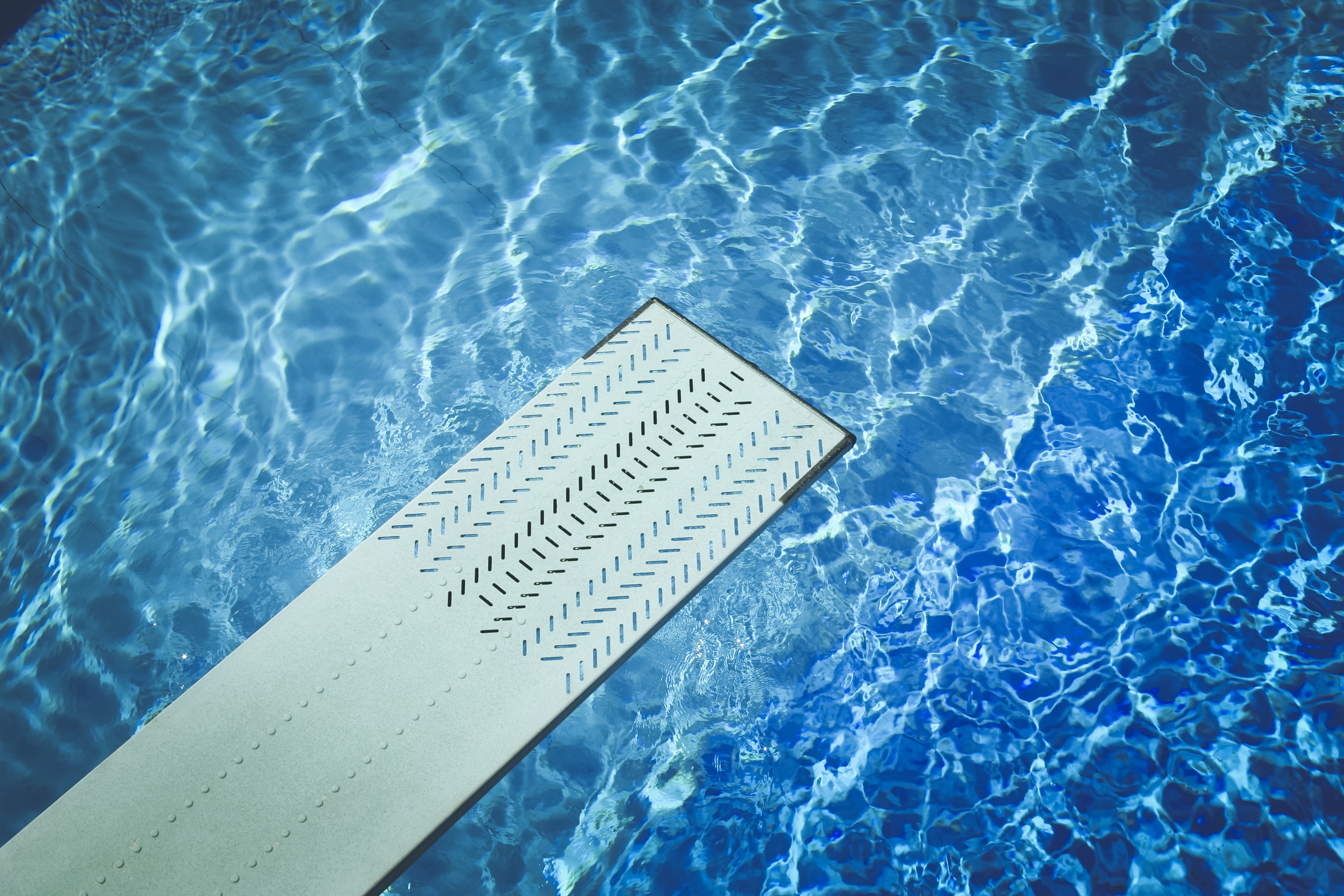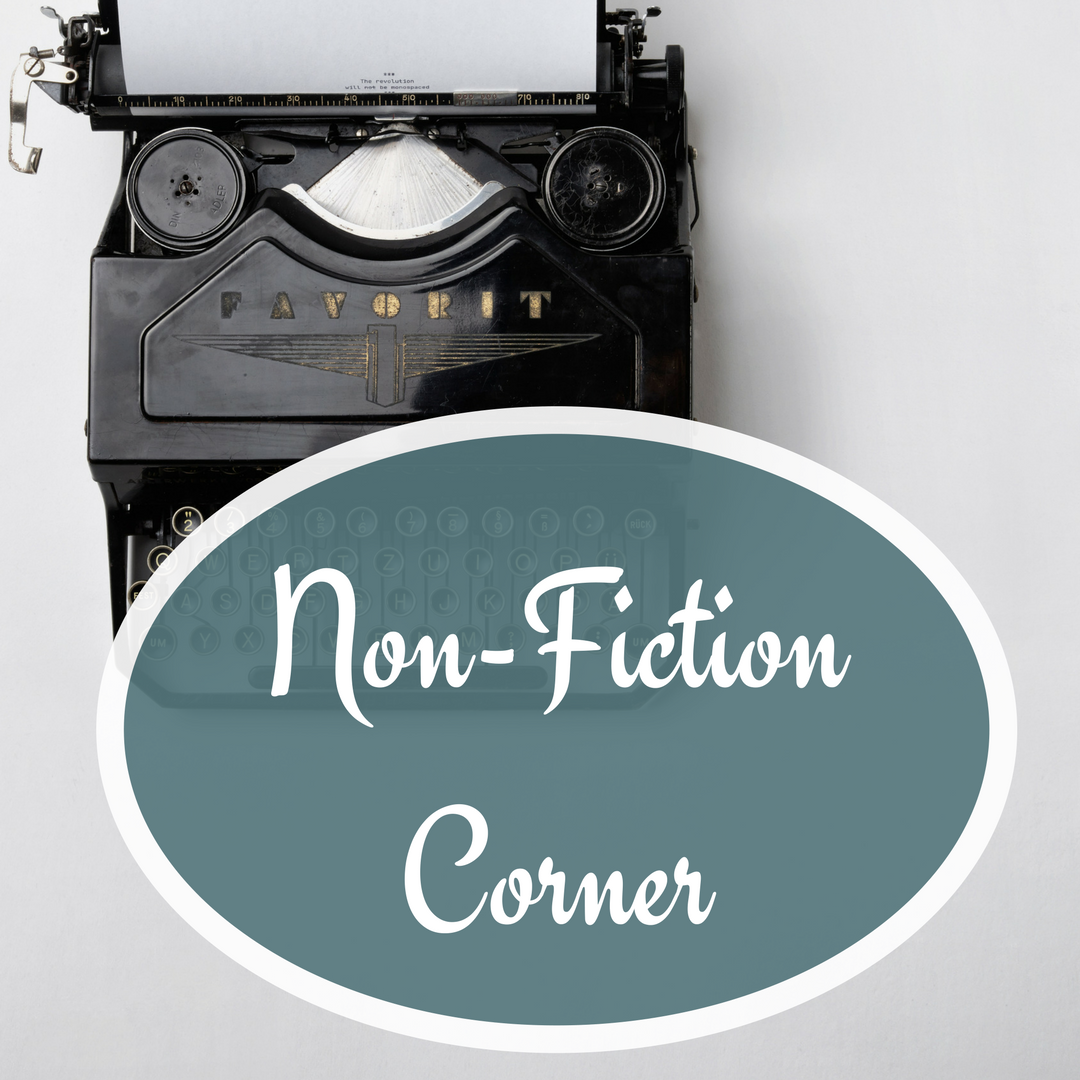I stepped slowly out onto the board of a high dive at our local swimming pool, and I was terrified.
I was in elementary school at the time, but I still remember it vividly. I leaned out over the edge of the board and stared down in horror. From above, the drop looked a million times higher than from below. The diving board seemed so high that I thought I should be wearing a parachute, and if I could have retreated back down the ladder without losing face, I would have. I eventually jumped that day, but I didn’t do it again for years.
But what in the world do diving boards have to do with writing?
For some of us, taking the plunge and starting to write in the morning can be as painful and as intimidating as jumping off a high dive. As a result, we procrastinate. We stare out the window. We check our Facebook page. We wander downstairs for a cup of coffee. We do anything except put our fingers on the keyboard and start writing.
In my “5 for Writing” rules, which you can find at the end of this blog, my first rule is: “Get writing. Find the time to write. Then do it.” It sounds simple and straightforward. But for many writers, taking that first step—taking the plunge—is the most difficult part of the job. This is especially true if you’re a procrastinator by nature.
I should say up front that procrastination is not a problem that I face. But I have talked to many writers who struggle with the issue, and my wife is a therapist who has counseled people on procrastination. She explains that there are two primary forces driving procrastination—fear and comfort.
Fear. Some writers have a hard time sitting down to write because they are afraid that the ideas won’t flow, or that people who read their material will scoff (or, even worse, fall asleep). To make matters worse, they may have just read what they wrote the day before, and they’re disappointed. It sounded so much better yesterday! What happened overnight?
In my metaphor of the swimming pool, this writer’s fear is the equivalent of being afraid of jumping off the high dive. But my swimming pool metaphor doesn’t end there. The other reason that my wife says people procrastinate is…
Comfort. Writing is hard, especially when you’re trying to squeeze out those first few lines, so I compare this form of hesitation to walking SLOWLY into a cold pool. I swim twice a week, and there’s nothing more excruciating than cold water. Okay, a root canal is more painful…I’ll give you that. But for writers, those first few paragraphs can be as painful as walking slowly into a pool of ice-cold water.
In a cold pool, it’s actually less painful to jump right in than it is to wade into the water, because if you do it slowly the water will creep its way up your exposed skin, torturing you inch by inch. But this torture still doesn’t stop us from putting off that inevitable plunge into the frigid water. The same is true with writing. We try to put off the pain of actually starting, and we increase our suffering in the long run.
So just jump! Dive right in.
Keep in mind that “jumping in” doesn’t mean that you don’t plan out or ponder what you’re going to write before you begin. I do a minimal amount of outlining—just enough to know what I’m going to write that morning. But beyond that, I dive in.
Even with all of the good intentions in the world, there are always those pesky distractions and temptations, luring you to do something other than write. It’s the same at the pool. You know you need to be getting exercise, but the deck chair and snack bar are oh so tempting. Why get all wet and out-of-breath swimming laps when you can soak up the sun and drink lemonade by the pool?
Similarly, when you face your blank computer screen, you can think of so many other things you can be doing. The problem is that procrastination creates guilt. Even if you try to delay the work by doing something that you think will be more enjoyable, a sense of dread may eventually develop—especially if you have a deadline hanging over your head.
The bottom line: Procrastination might give you short-term pleasure, but it gives you long-term problems. So start writing, even if your initial work ends up in the trashcan. We all belly-flop sometimes.
So, bring to your writing the discipline of a swimmer. And before you come up with a dozen or more reasons why you shouldn’t be writing, sit down and start typing. If you’re really inspired, feel free to yell, “Cannonball!”
* * *
5 for Writing
- Get writing. Find the time to write. Then do it.
- Learn by listening—and doing. Solicit feedback, discern what helps you.
- Finish your story. Edit and rewrite, but don’t tinker forever. Reach the finish line.
- Thrive on rejection. Get your story out there. Be fearless. Accept rejection.
- Become a juggler. After one story is finished, be ready to start another. Consider writing two at once.








No Comments